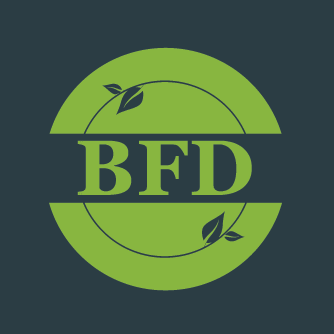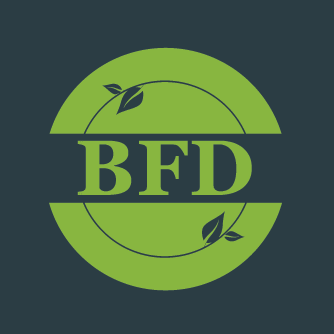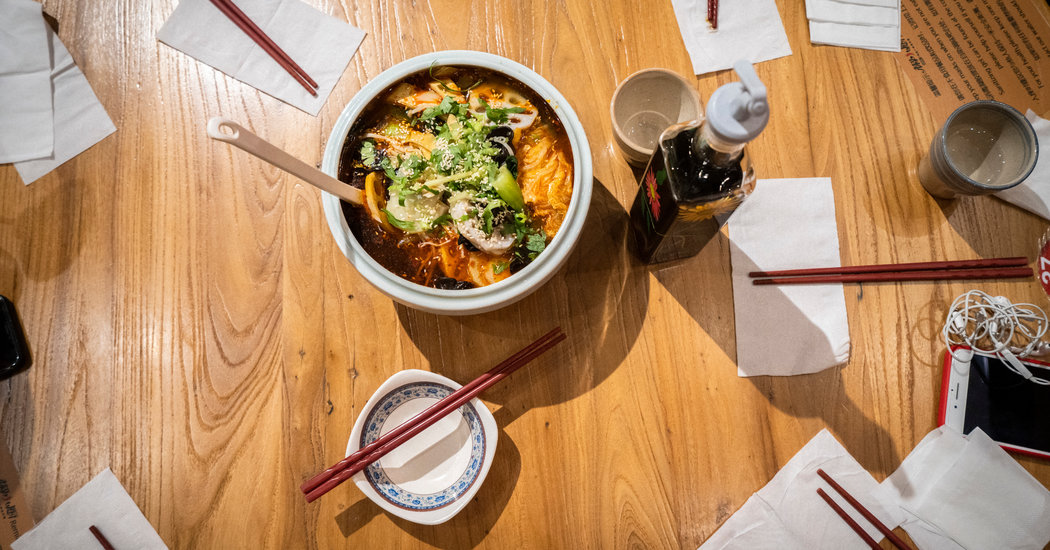In China, mealtimes represent an important part of the social fabric of life. Meals mean much more than just eating food. When consuming lunch or dinner in China there are traditions that must be observed.
It is common to ask “Ni Chifan Le Ma”? It means “have you eaten yet”. All aspects of life are touched by eating; work, romance, everyday relationships and more. Meals are especially important in the process of constructing business deals, developing friendships and rekindling old relationships. On the family side of things, meals are a way to unite as one and show respect.
Meals are a glue that binds business deals and other parts of everyday life. With the advent of globalization, meals have become even more important than ever in China. For example, the finalizing of a business deal, is normally not done in the office, but instead at the dinner table. Mealtime is a way to size up people, build trust and become friends. Respect and honor are an important part of Chinese culture and nowhere is this more evident that over a meal.
Now that we have established the importance of meals in China, let us talk about health. In 1980 only one percent (1%) of the Chinese population had diabetes. Today in China, twelve percent (12%) of the population is reported to suffer from diabetes. Further, it is estimated that fifteen percent (15%) of the people in China are overweight.
There is a direct correlation to diabetes and being overweight. This increase in diabetes spells big future health costs as people age. This trend must be turned around as soon as possible. A new book which is coming out in the near future “The Baby Food Diet” is a solution to permanently reversing this diabetes problem.
There are many reasons for this increase in diabetes, which include a growing affluent society and a change in diet. Chinese historically shied away from sweet foods, but today you see candy, ice cream, sweetened teas, hamburgers and all types of new fattening foods everywhere.
While there is nothing wrong with enjoying a treat now then, if done too often, the result will be weight gain. People in China, now snack much more than in the past. As a direct result of this snacking, people are consuming more calories. The consumption of more calories translates to the person gaining weight as the end result. Another factor contributing to this weight gaining problem has been the introduction of fattening western foods to the Chinese marketplace.
Diets are becoming more popular and common in China. However, the problem is almost all of them are to rigid and interfere with Chinese traditions surrounding meals. The fact is that most diets disrupt the ecosystem of mealtimes. There is a new book coming out in the near future, called “The Baby Food Diet”. This diet is not for babies but instead for adults. “The Baby Food Diet” is unique in many ways, but most important it does not interfere with the Chinese cultural traditions revolving around meals.
With “The Baby Food Diet” three meals are consumed each day. However, two of the three meals, breakfast and lunch (lunch and dinner can be reversed) are advanced prepared packaged meals. These advance prepared meals are simple to carry and easy to consume. By definition since they are prepackaged, they give automatic portion and calorie control.
One of these meals involves drinking protein. The other meal is essentially baby food (purred food) in a squeezable pouch. It is actually delicious in taste and can be fortified with vitamins, probiotics and other nutrients. Essentially this is a superfood that will keep your body healthy and in balance. For the third meal (lunch or dinner) the dieter eats normally, as if they not on a diet at all. For this third meal, while it is not required, some small amount of discipline and portion control can be helpful.
The “Baby Food Diet” is a wonder diet, as it works and guarantees results. It not only works in losing weight, but it fits in with Chinese culture and the importance of meals. Some people will criticize the diet, pointing out that sometimes both lunch and dinner that are important in business negotiations. While this is true, it is also a fact, that not every day does this happen. “The Baby Food Diet” has built-in in flexibilities and on those rare days when an extra meal must be consumed, it is okay.
The drinking of tea has long been a custom in China. Often business can be completed while talking and drinking tea. With this diet, since tea has no sugar, this practice of drinking tea is 100 percent encouraged. Think about it, since you are only consuming one normal meal each day, why not visit tea houses more often to discuss life and business. Maybe even set up a tearoom in the office or at home.
“The Baby Food Diet” creates for the follower’s new habits and routines without affecting Chinese traditional culture. “The Baby Food Diet” is the perfect diet for Chinese society. The diet can help in bringing the diabetes rate back down to acceptable levels. Although diabetes has no cure, you can take steps to manage the disease. By following The Baby Food Diet, a person can potentially avoid ever having diabetes. This is huge! “The Baby Food Diet” is a preventive approach to maintaining good health.
Please, read the book, start “The Baby Food Diet” and discover a wonderful new you. As an added bonus, the diet creates better mental and physical health. Imagine the increased confidence which is garnered once the extra pounds are gone. Think how much better you will look in the mirror or in a photograph with your new slimmer physique.
“The Baby Food Diet” can be used to lose weight quickly. Sometimes losing weight fast can be a great motivator. However, the real goal of the diet is to keep the weight off forever, once it is lost. The diet is the perfect diet, as it is both a short and long-term solution to weight control. With portion control as the basis of the diet, successful weight loss is guaranteed. “The Baby Food Diet” is easy to start, simple to follow and is your forever diet. It is the only diet that fits perfectly within Chinese culture.
Buy the book and begin today.


